#2 MISTAKE: Your patient signing a medical authorization for the adverse insurance company
QUESTION: What is the risk for my patient in signing a medical records release authorization before they’re done treating from their car accident?
ANSWER: Your patient signing a medical records release authorization before finishing their medical treatment can result in your patient’s PIP benefits being discontinued by the insurance company. The insurance adjuster will scrutinize your patient’s medical records looking for any reason to stop payments. Help educate your patients about the importance of waiting to sign the release authorization until after they’ve completed their treatment. This will help ensure continued coverage for their medical expenses and protect their personal injury claim.
Your patient signing a medical authorization requested by the insurance company is the second biggest mistake they can make with regard to their personal injury claim.
Over the years we’ve seen at-fault insurance companies use a patient’s medical records to find any reason to put pressure on the PIP carrier to stop paying the medical bills for your patient’s treatment from their car accident.
If the PIP carrier receives any information that the treatment your patient is receiving may not be related to the injuries from the auto accident, they’re going to set up an Insurance Medical Exam (IME). What that means is that payment for your patient’s medical treatment is very likely going to be cut off after the IME.
Ninety-five percent of all IME reports come back saying your patient doesn’t need any further medical treatment.
The best approach is to sit down with your patient at the start of their treatment to discuss how the personal injury claim process works and how to communicate with the insurance company. Let them know the importance of not signing a medical authorization until they’re completely done receiving medical treatment for their car accident.
Most people want to be cooperative and helpful. They don’t want to be unreasonable. When the insurance company adjuster requests that your patient complete a medical authorization, it seems like a fair enough request. However, the reality is that your patient is not used to interacting with people who are being friendly and at the same time also taking advantage of what they don’t know.
We’ve also written a brief article for your patients that provides more detailed information about why it’s critical to protect their rights and their personal injury claim to not sign a medical authorization release form before they’re done with their treatments.
If you are comfortable talking to them about how they can take the best possible care of their personal injury claim, here are three points that you can cover with them that will help their claim and about why they shouldn’t sign the medical records release form:
- The insurance company will use whatever information they can find in your patient’s medical records to convince the PIP carrier to stop paying for their medical treatment.
- The adjuster for the insurance company will tell your patient that they need the information in your patient’s medical records to evaluate their claim — which is true. However, they don’t need your patient’s medical records until they’re done treating from the auto accident.
- Often the medical record request is not limited to your patient’s treatment from the accident. The record release forms are written so the insurance company can request almost any record from any provider your patient has EVER seen. The medical record requests are almost always overly broad and invasive into ALL of your patient’s medical records.
Adjusters are very effective in using pressure-type language that can make your patient feel like they’re being unreasonable for not signing the medical release.
By explaining to your patient the reason why the insurance company wants your patient’s medical records and the tactics they use to get the release, you will be helping them protect themselves and their claim.
It’s not enough to tell your patients what they should and shouldn’t do when it comes to the personal injury claim process. To really help them, it’s best to give them a short explanation as to why they should follow your guidance.
If they understand the “why” behind what you’re telling them, it will help them understand how to effectively respond to the pressure they’re getting from the insurance company.
We’re here to be a bridge of support for you and your patients.
We have developed a robust library of information for your patients who have been injured in an accident, which can be found in the INJURED? START HERE portal on our website.
There are 40 topic-focused articles, with accompanying videos, organized into the four categories that include the personal injury claim-related questions we’re asked most often, which include:
- Top 10 Personal Injury Claim Mistakes to Avoid
- What You Need to Know About Your Claim
- How Are My Medical Bills & Wage Loss Paid
- How to Prepare for Your Independent Medical Exam
Each article provides advice and guidelines to help your patients navigate each phase of the personal injury claims process. Whether we represent your patient or not, we are passionate about them knowing how to protect their rights, get the medical care they need, and avoid the mistakes that can harm their personal injury claim.
Each article provides advice and guidelines to help your patients navigate each phase of the personal injury claims process. Whether we represent your patient or not, we are passionate about them knowing how to protect their rights, get the medical care they need, and avoid the mistakes that can harm their personal injury claim.
Additionally, if it would be helpful to have the information we feature on our website available in your office to pass along to your patients, we’ve developed brochures for each of the four article series -- in both English and Spanish that we’re happy to send to your office. Please complete the form below and we’ll get them out to you promptly.












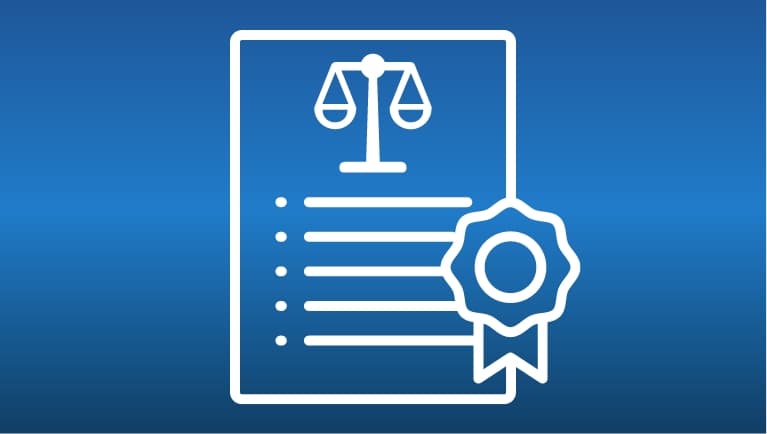
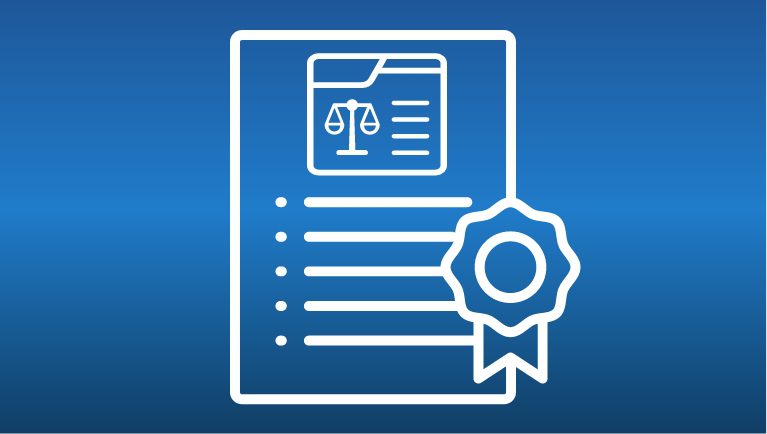

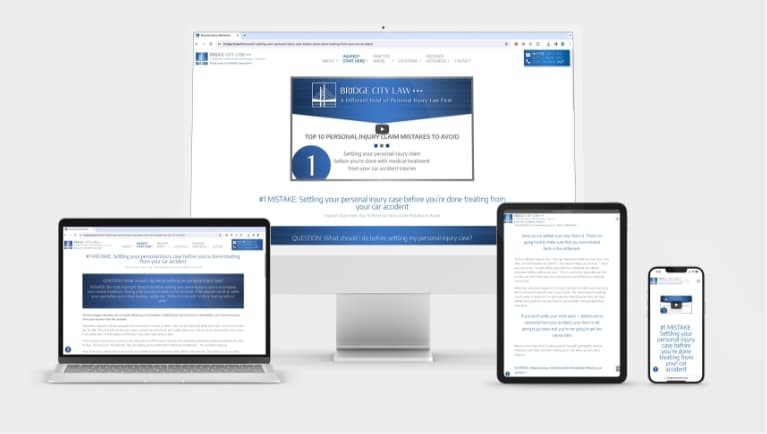
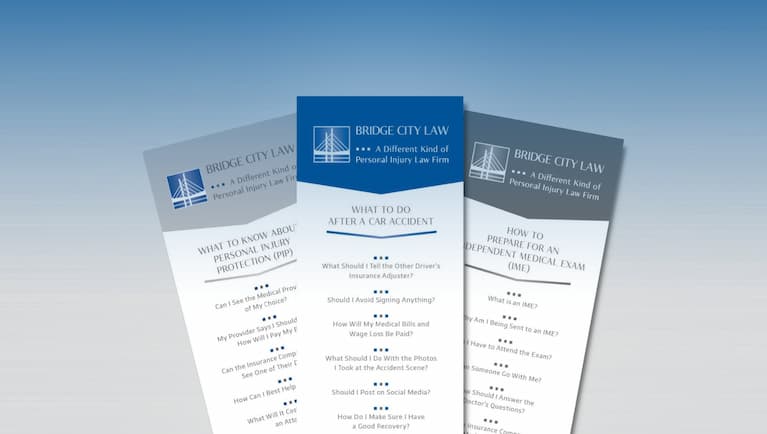
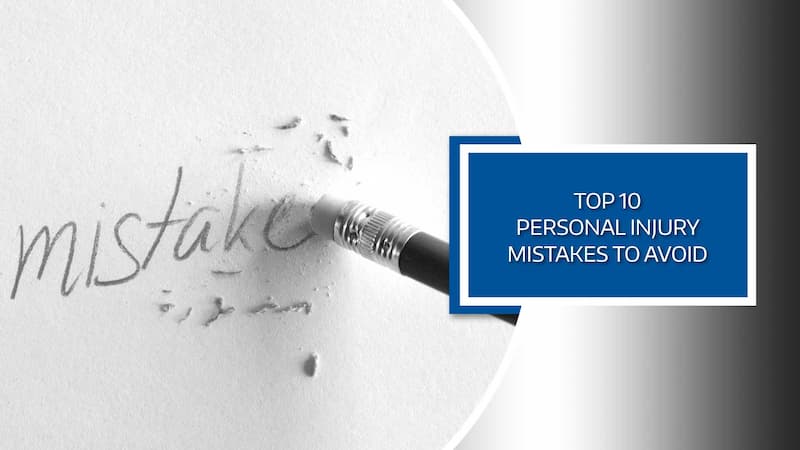
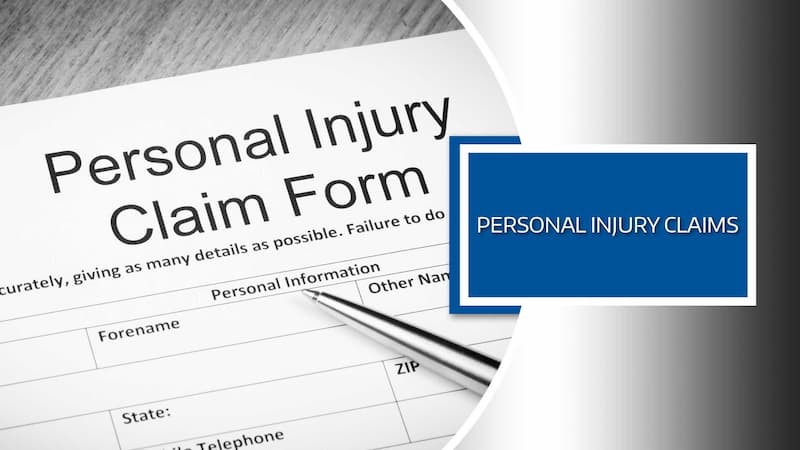
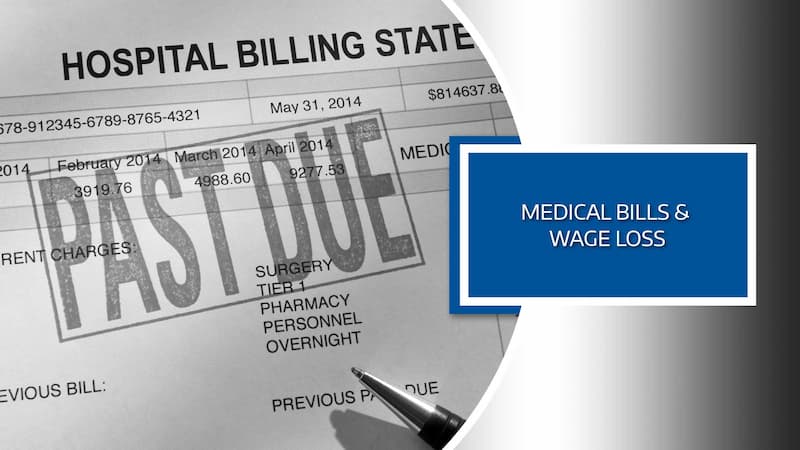
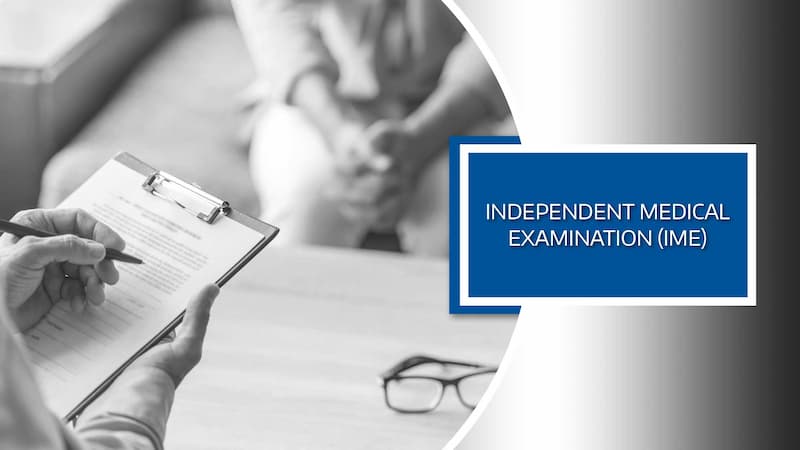
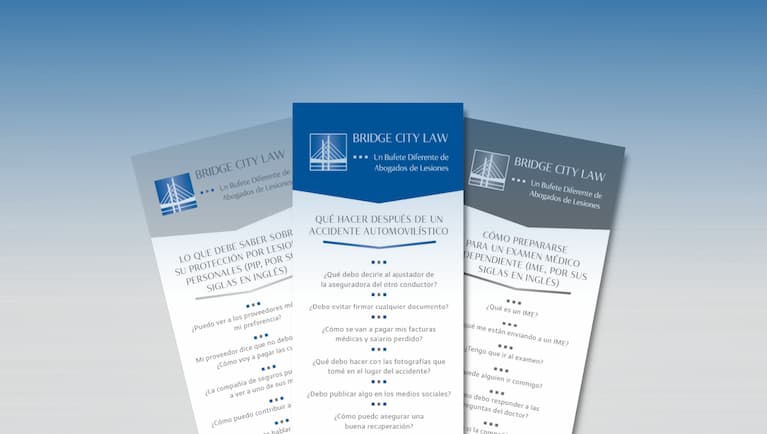







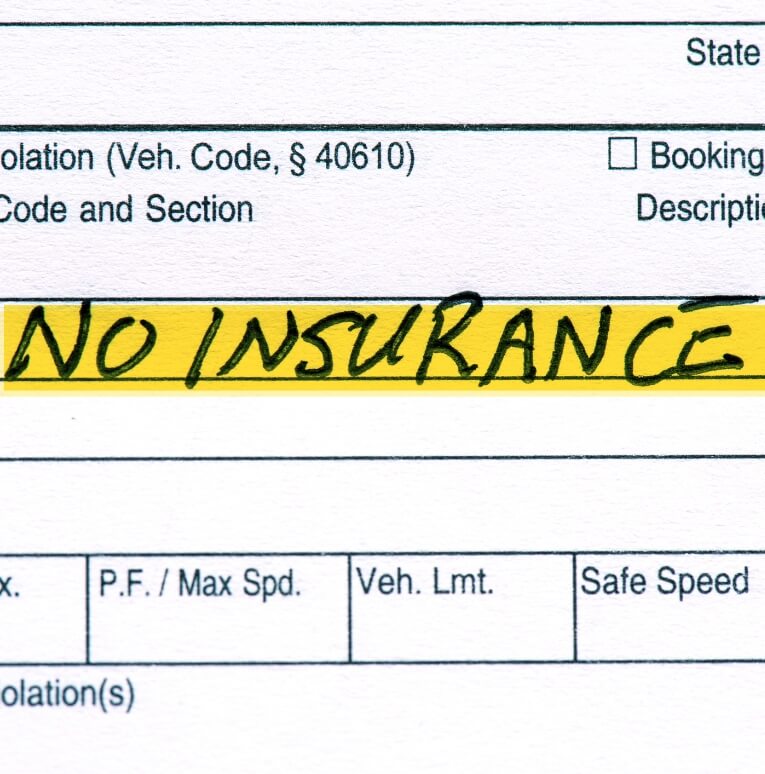
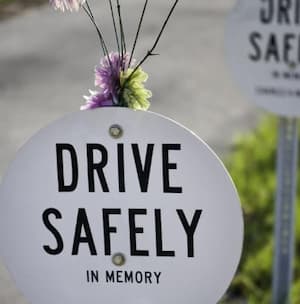











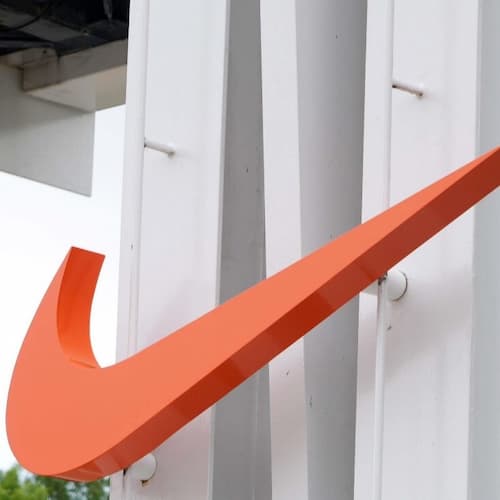











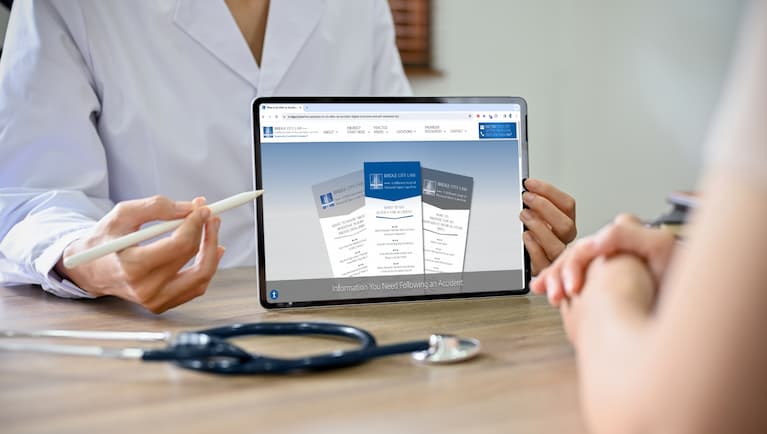
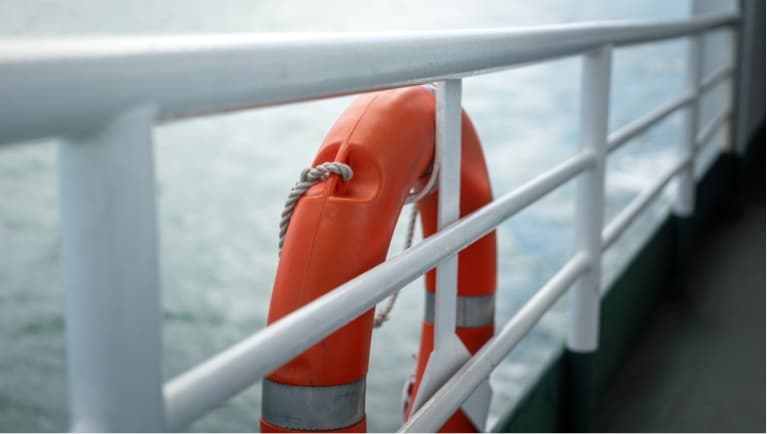


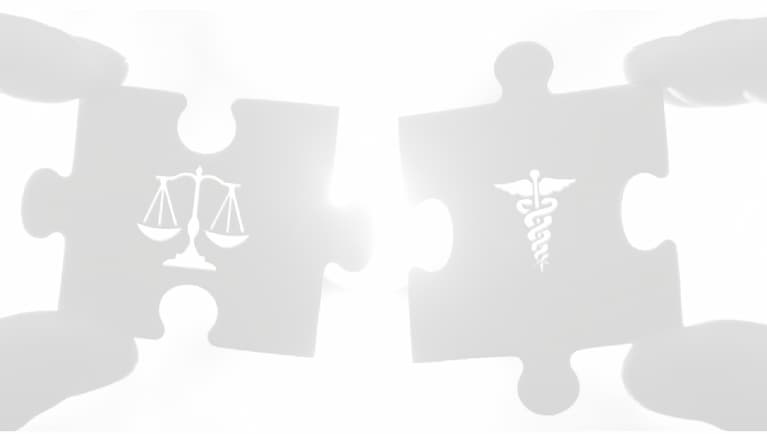



![[FOR MEDICAL PROVIDERS] #2 Signing a Medical Authorization to the Adverse Carrier](https://www.bridgecitylawfirm.com/wp-content/plugins/wp-youtube-lyte/lyteCache.php?origThumbUrl=https%3A%2F%2Fi.ytimg.com%2Fvi%2FbL7DAw4i_48%2F0.jpg)